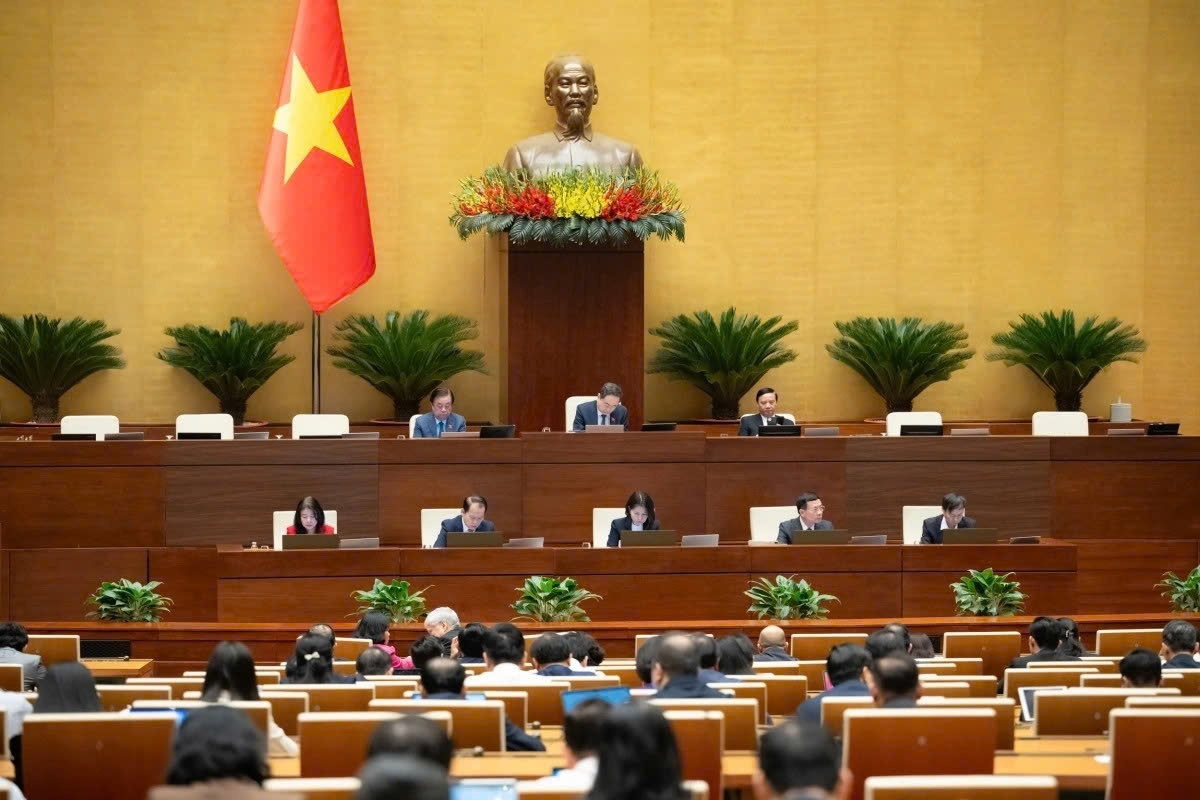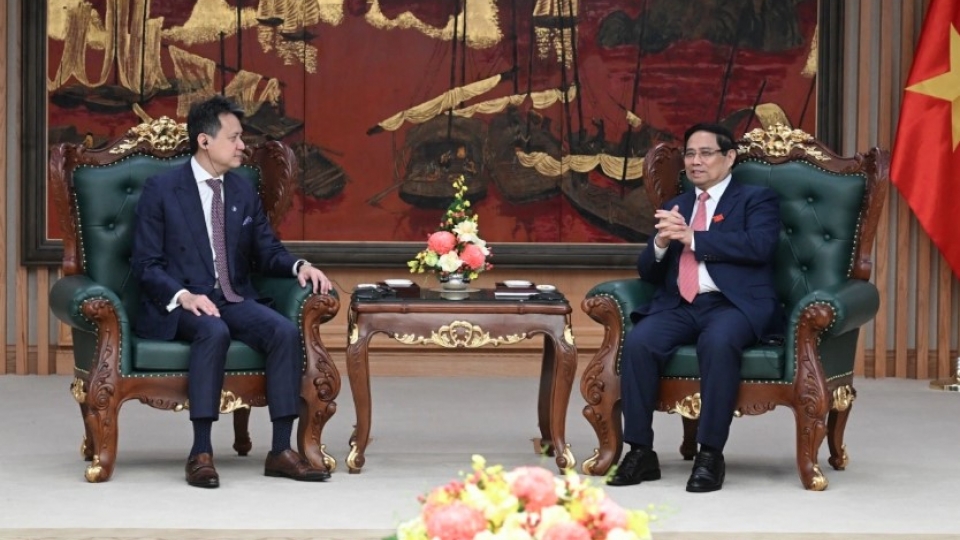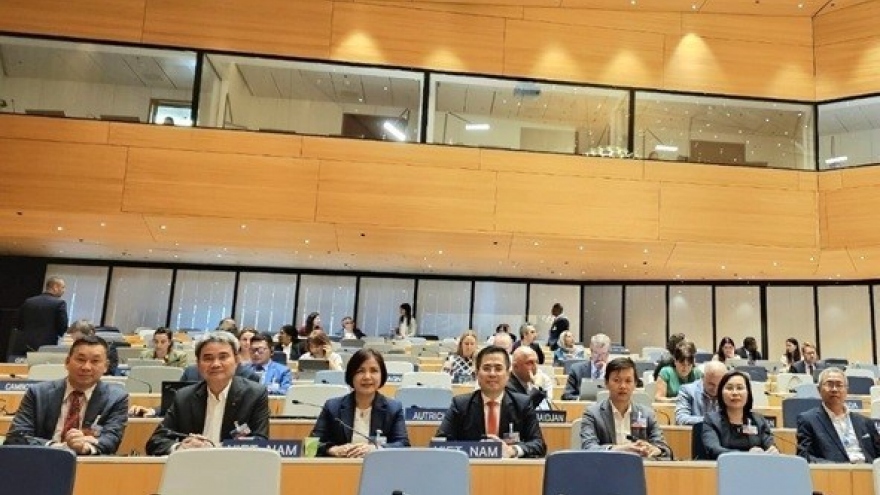National Assembly debates amendments to Intellectual Property Law
VOV.VN - The National Assembly discussed proposed amendments to the Law on Intellectual Property during its ongoing 10th session in Hanoi on November 24.

Lawmakers expressed strong support for the revisions, noting that intellectual property is a rapidly evolving field globally and requires frequent updates to keep pace with scientific and technological advancements.
Addressing intellectual property issues in the media sector, deputy Hoang Minh Hieu from Nghe An province emphasised the need to introduce related rights for news organisations. Such rights, recognised in many countries, would help protect the economic interests of news outlets and regulate the reuse of journalistic content by third parties, particularly in the face of growing competition from digital and social media platforms.
Hieu noted that while current legislation covers related rights for producers of sound and video recordings, broadcasters and performers, it does not include news organisations. Meanwhile, activities such as aggregation, indexing, excerpting or data mining, though not full reproduction, still exploit the investment of news agencies and are difficult to address under traditional copyright rules.
Introducing related rights would establish a clear legal basis for licensing, negotiating fees, and limiting unauthorised reuse, said the deputy. He also suggested considering a two-year term of protection, in line with international practice.
Also voicing opinions on the draft law, deputy Nguyen Thi Suu from Hue city commended the inclusion of several important provisions that create flexibility for the State to use intellectual property for public-interest purposes including national defence and social welfare. However, she stressed that regulations governing intellectual property derived from state-funded science and technology projects remain scattered and inconsistent, leading to long-standing disputes between host institutions and individual researchers.
She proposed adding a standalone article to consolidate regulations, clarify ownership, exploitation rights, and benefit-sharing mechanisms, and define the authority of organisations assigned to manage state-funded research tasks, including the right to register protection, grant licences, and transfer exploitation rights.
This, she argued, would close legal gaps, prevent disputes, and ensure transparency consistent with international standards for managing publicly funded intellectual property.





